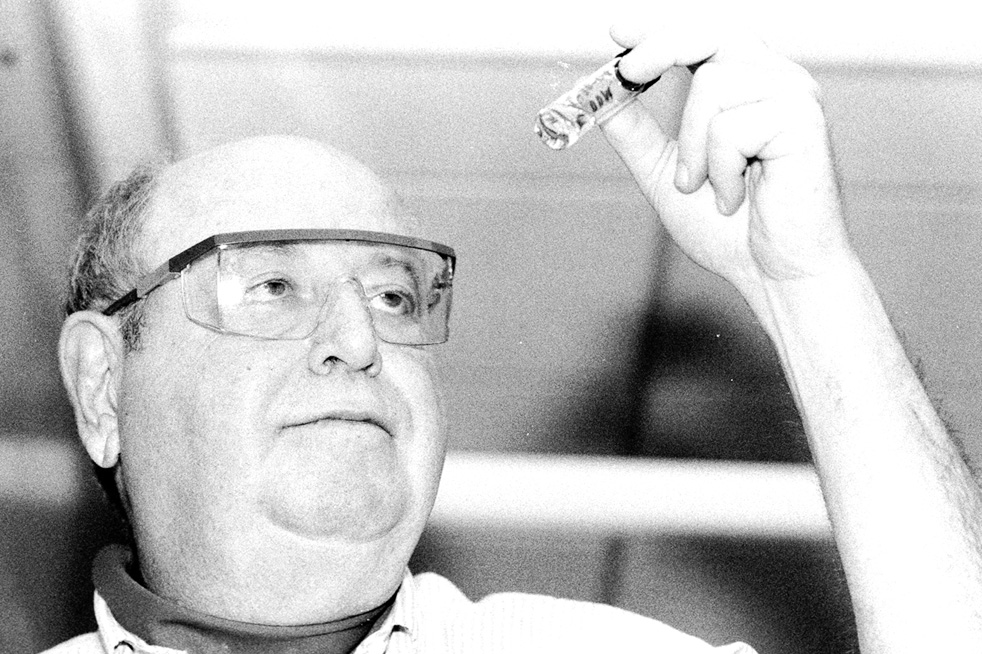The summertime marks a departure from the routine of the spring and fall semesters, and whether that means an internship or a semester abroad, students take advantage of the respite from normality to pursue personal interests.
For professors who spend their spring and fall semesters teaching classes, the summertime presents opportunities to refocus their efforts.
“There’s a lot more interaction with undergraduate students during the fall and spring semesters,” said Dr. Elsa Reichmanis, a Professor in the ChBE department. “In the summer, there’s more time spent on developing proposal ideas for funding research, probably a little bit of travel for conferences.”
Dr. Laren Tolbert, Regents’ Professor in the CHEM department and Program Officer at the National Science Foundation, explained that the summertime is peak season for academic conferences that many professors attend each year.
“A number of important conferences only happen during the summer,” Tolbert said. “The Gordon Research Conferences, for instance, uses boarding schools and colleges in the northeast that are otherwise vacant during the summer.”
Dr. Charles Liotta, Regent’s Professor and Chair of the School of Chemistry and Biochemistry, noted that the summer is ideal for becoming reaquainted with interesting academic pursuits.
“The summer semester is a time for delving deeply into a variety of scholarly activities,” Liotta said. “These include research activities such as writing manuscripts and proposals, reading up on potential new ideas of research and interacting more frequently with [students and colleagues].”
Dr. Al Merrill, Professor and Smithgall Chair in the BIOL department, also uses the summer semester to become more deeply involved in his group’s research.
“My summer semesters are spent working in the lab,” Merrill said. “My attention can be more focused on research during the summer.”
Reichmanis also brought up an interesting point concerning the time professors devote during the summer to perfecting their upcoming class syllabi and course plans.
“I’m working on looking at the syllabus for the courses that I’m going to be teaching in the fall,” Reichmanis said. “I’m thinking about how I want to change it, what I want to introduce, what I may want to deemphasize.”
